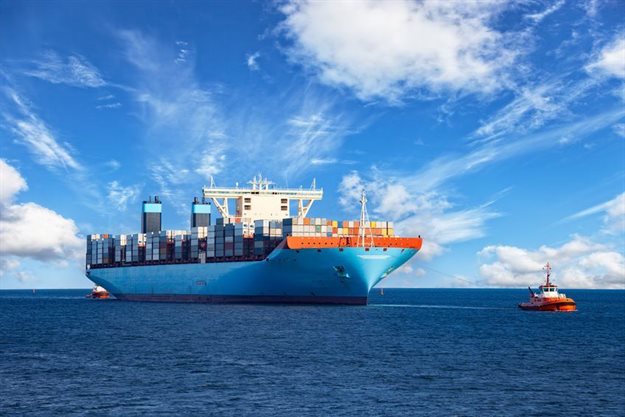
Top stories



ESG & Sustainability#BudgetSpeech2026: SRD grant unchanged, other Sassa social grants see hike
1 hour



More news





ESG & Sustainability
South Africa’s carbon tax should stay: climate scientists explain why















The initial Regulations (Regulations) to the Disaster Management Act, 2002 were published by Government Notice No. 318 on 18 March 2020. On 16 April 2020, amendments to these Regulations were published to provide further clarity for the transport industry.
The Regulations were amended by the substitution of Regulation 11(B)(1)(a)(iii)(bb) with (bbA), (bbB) and (bbC), which now allow for the transportation of essential goods; the movement of cargo from ports of entry to their intended destination; and the export of cargo currently at ports of entry.
The above amendments were implemented to help remove the decongestion at ports of entry in South Africa and allow the movement of essential goods and non-essential goods.
The Minister of Transport Fikile Mbalula affirmed this recently when he was quoted in a media report saying that "our ports of entry are not designed to function as warehouses for inbound cargo."
Although the amended Regulations do not provide limitations in respect of the transportation of essential goods, the South African Revenue Service noted recently that, “essential goods may only be delivered to essential service providers.” This was confirmed by the Minster of Corporate Governance and Traditional Affairs, Dr Nkosazana Dlamini Zuma, who stated: "Imported cargo, with the exception of liquor, may be transported from ports of entry to warehousing sites and essential goods may be transported from warehousing sites to essential service providers."
Those moving both essential and non-essential goods from South African ports of entry will therefore still face challenges, because in South Africa, only essential service providers may take delivery of goods during the lockdown. As a result, even though the amended Regulations now allow non-essential goods to be transported to their intended destinations, there is still likely to be a backlog and decongestion at ports. This is due to the South African recipients of non-essential goods currently being closed, and unable to take delivery of their non-essential items.
On 23 April 2020, President Cyril Ramaphosa addressed the nation on the phased approach that will be taken to end the lockdown. This approach will come into effect from 1 May 2020 and will be implemented by way of a risk adjusted strategy comprising five levels, with lockdown restrictions eased at each level. The draft framework for the risk-adjusted strategy was published for comment on 25 April 2020. As the country eases into the lower levels, specifically level four and below, the position in relation to the movement of goods changes and essential goods will take priority at ports of entry. Further directions are still to be issued in respect of non-essential goods.
The applicable levels will initially be determined at provincial level based on the number of cases in each province. Premieres may thereafter determine the applicable level for their district, with the approval of the Minister of Health. This phased easing of restrictions will mean more businesses will be able to open and non-essential goods will eventually be able to be delivered to their recipients.